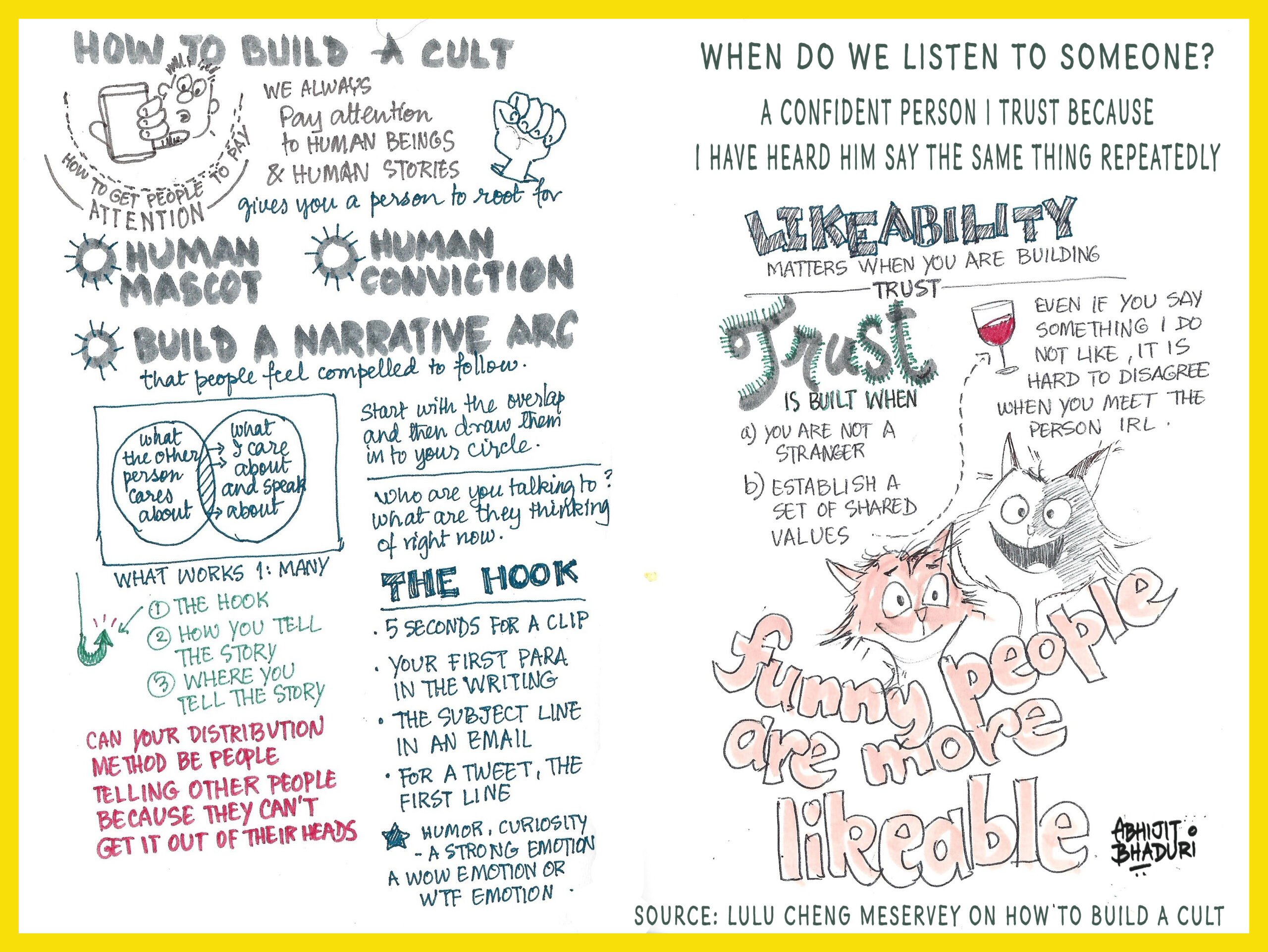
The resume has one goal – to get you to an interview. It is not an information dump. Think of it as a signalling device. If you’re ready to elevate your career or help others do the same, read on and share these insights with your network.
Beyond Bullet Points: Crafting Stories That Sell
Did you know that 88% of professionals in India are eyeing new job prospects in 2024, with eight out of ten professionals exploring opportunities beyond their current sector or role? This surge in career aspirations underscores the importance of crafting a compelling resume that truly speaks to your potential employers. Your resume is not just a document; it’s a powerful signalling device that can open doors to your dream job.
Understanding the Signalling Power of Your Resume
Your resume serves a singular purpose: to propel you forward in the hiring process. It communicates, sometimes subtly, your suitability for a role. Let’s delve into how you can harness its signalling potential effectively.
Optimizing Key Signalling Points
Two critical areas where your resume can signal your value are the cover letter and the resume summary. These elements should be concise, error-free, and visually engaging. Avoid the common mistake of sending a resume with a generic filename; personalize it with your name to avoid confusion.
Crafting a Compelling Cover Letter
Your cover letter is not just about listing your achievements; it’s about showcasing how you can contribute to the company’s success. Highlight specific skills and experiences that align with the job requirements. Remember, it’s the quality of your contribution that matters most.
Leveraging Keywords and Technology
In today’s digital age, many companies use applicant tracking systems (ATS) to filter resumes. Ensure your resume includes relevant keywords related to the job to increase its visibility to human recruiters. (Read: Tips to beat the ATS Machine)
Signalling opportunities for the Early-in-Career Resume
For early-career professionals, focus on showcasing relevant coursework, projects, internships, and soft skills. Use concrete examples and quantify your achievements to stand out.
a) Coursework and Projects: Elective courses and projects related to the job or the employer’s sector can signal that you are better suited than others for the role. A personal portfolio website is a great way to showcase your projects, skills, and experiences. You can include links to your GitHub repositories, project demos, and any other relevant work.
b) Internships and Volunteer Work: Internships, volunteer experiences, or part-time jobs can show practical skills adaptability, and results. Use numbers to quantify your accomplishments. For example, “Assisted in increasing social media engagement by 30% during an internship.”
c) Soft Skills and Extracurricular Activities: Leadership positions that you were elected to is proof of your interpersonal skills. For example, “Elected as the President of the Engineering Club at XYZ University, led a team of 10 to organize coding competitions.”
If you are a Team Leader, here are your must-haves
a) Size and Complexity of the Teams Managed: Highlight any experience leading teams, managing projects, or mentoring colleagues. For example, “Managed a team of six sales executives for four years. Our team was awarded for beating the sales target twice in the four years.”
b) Conflict Resolution Skills: Explain how you’ve collaborated with cross-functional teams, clients, or senior management. Share proof of your claims. For example, “Successfully led a cross functional team to launch the new XXX for three regions resulting in 10% increase in market share.”
c) Employee Development: Mention any training programs, workshops, or coaching you’ve provided to team members. Show your commitment to their growth. For example, “Implemented a mentorship program within the team, providing personalized coaching and professional development opportunities, resulting in two team members receiving promotions.”
Signalling opportunities for the Leader’s Resume
a) Strategic Achievements: Focus on strategic accomplishments. Describe how your decisions positively impacted the organization’s bottom line or long-term goals. Discuss instances where you led successful organizational changes, mergers, or restructuring efforts. Senior roles often require change management skills. For example, “After the acquisition of ABC Ltd, led a supply chain rationalization initiative that increased operational efficiency by 30%, resulting in an annual savings of <amount>.”
b) Thought Leadership: Share any thought leadership contributions, such as articles, conference presentations, or industry webinars. For example, “Published a well-received white paper on emerging trends in our industry, influencing the company’s strategic direction.”
c) Board Memberships or Advisory Roles: Mention any involvement in boards, committees, or advisory positions. It signals your influence and network. For example, “Served as an advisory board member for the <xxx>, leveraging my network and expertise to drive upskilling strategies.”
Transform Your Resume, Transform Your Career!
With the majority of professionals exploring new career paths, the importance of a distinctive resume has never been greater. Learn how to effectively signal your abilities and aspirations through your resume. Enhance key sections like the cover letter and summary, and ensure your resume speaks volumes to recruiters. Take control of your career trajectory by refining your resume now!
A version of this was printed in the Times of India Ascent column of April 3-2024. Read that version here.



